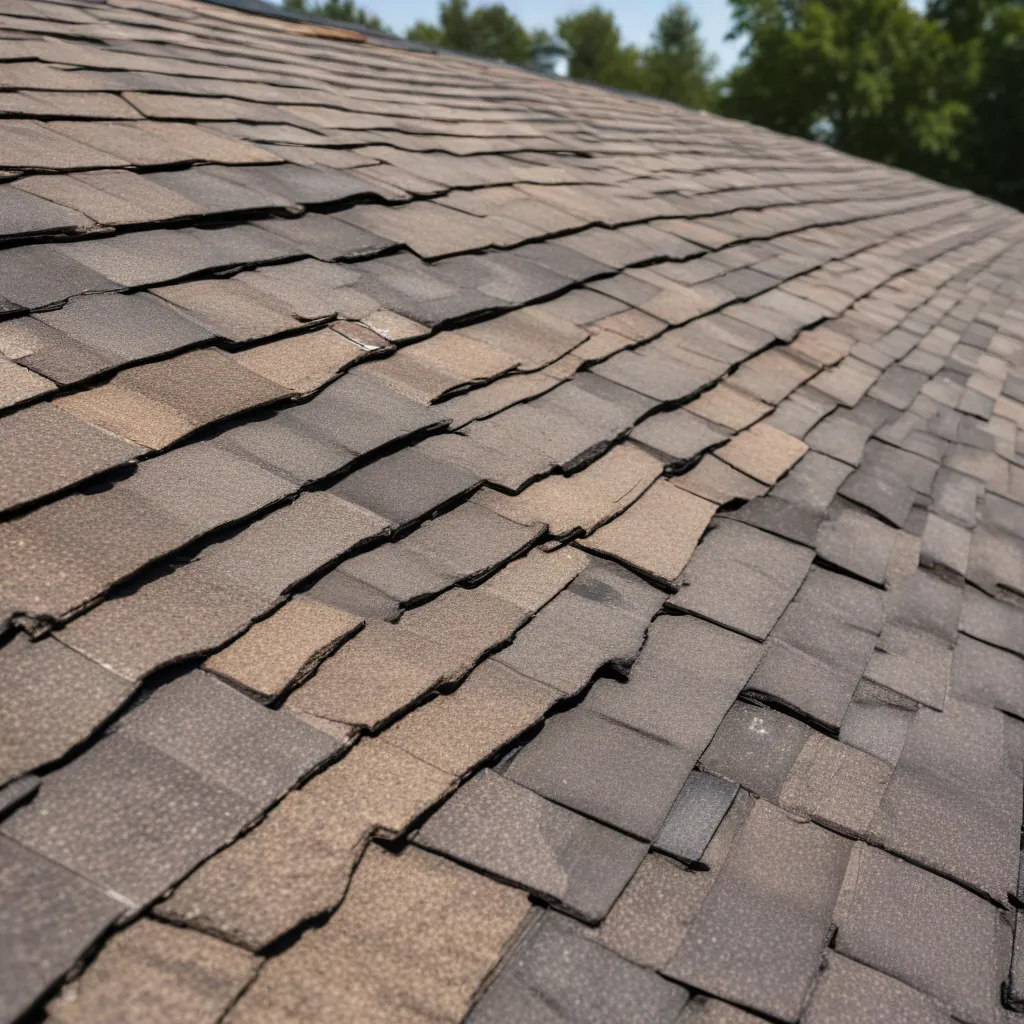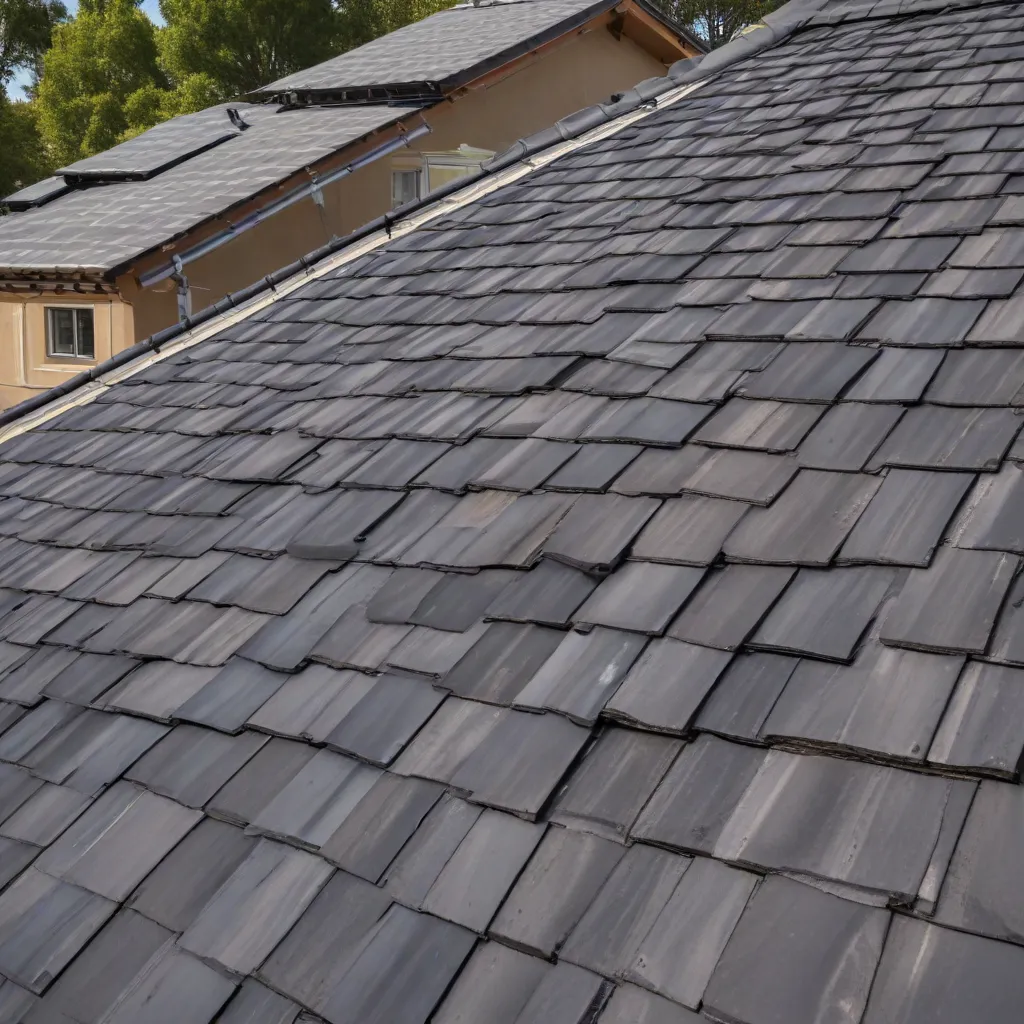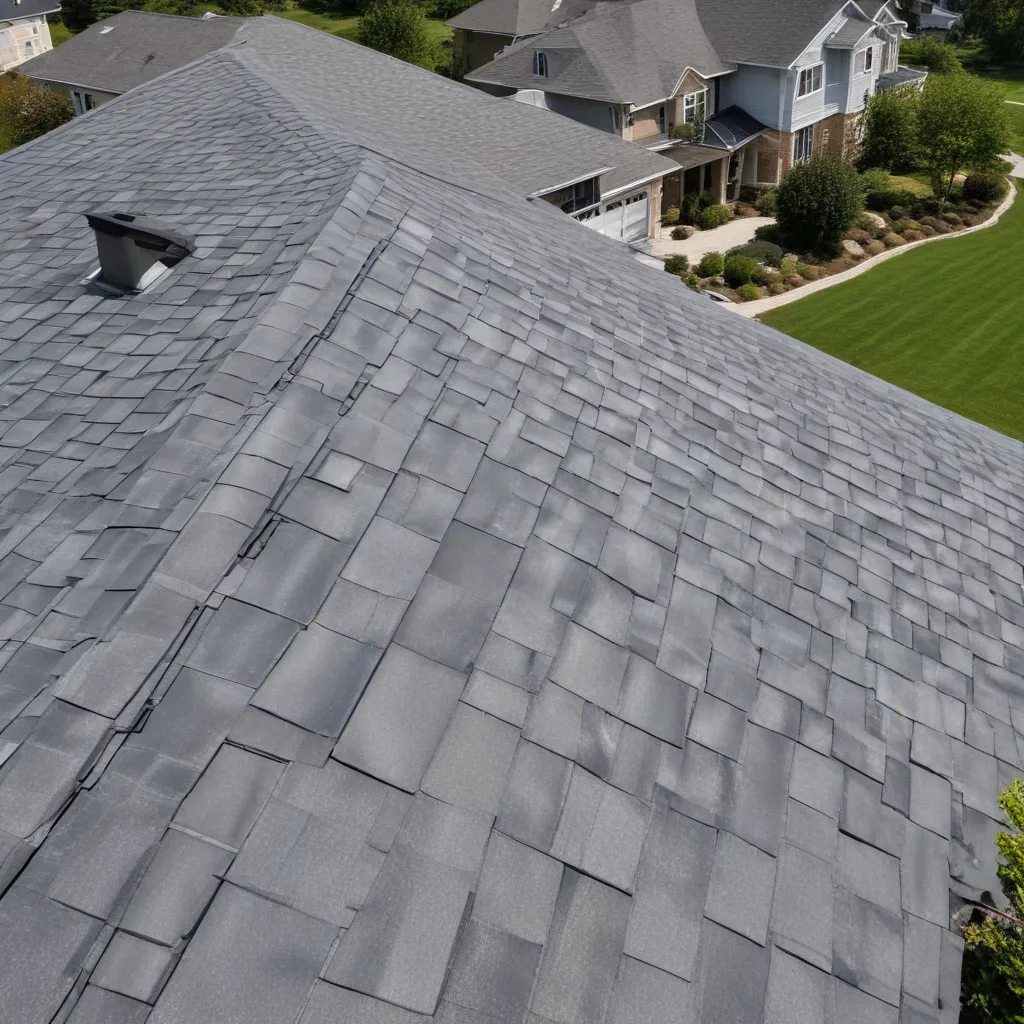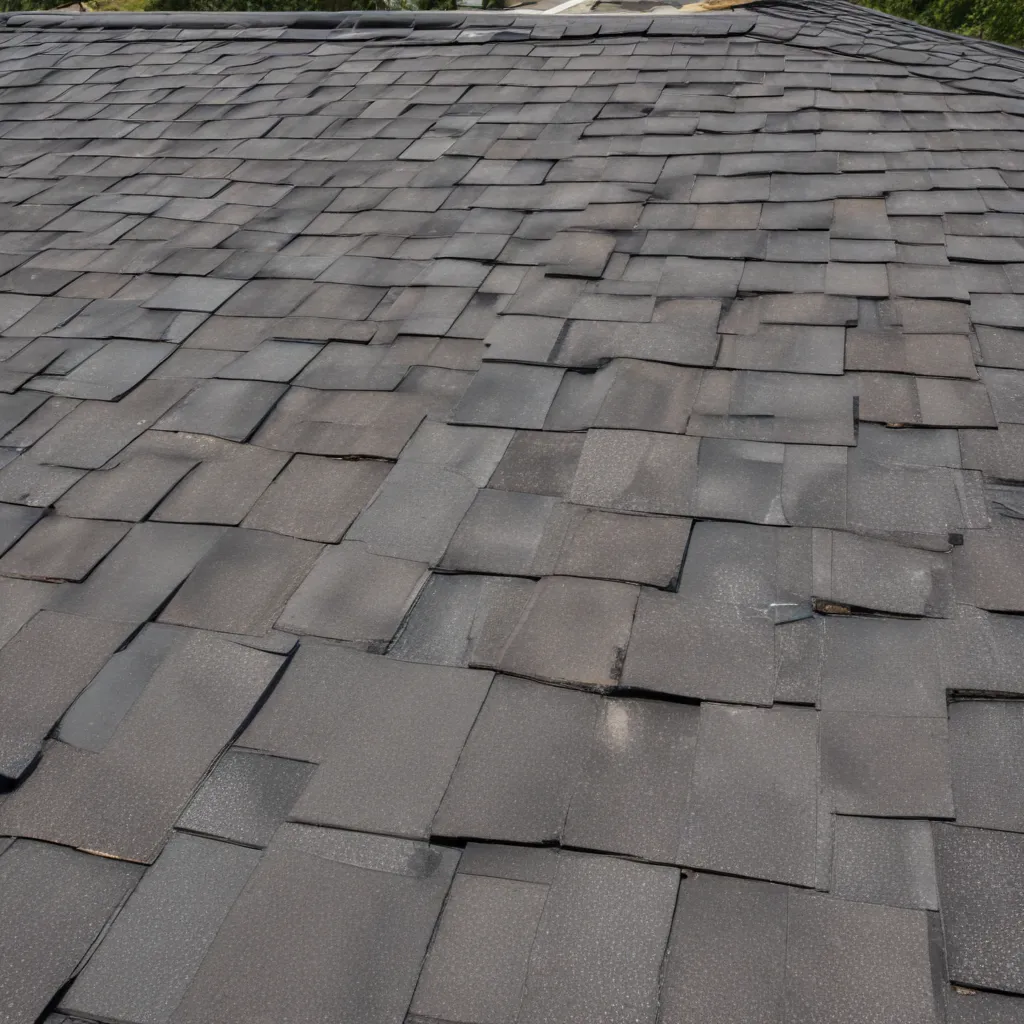Welcome to our comprehensive guide on roofing scams and how to protect yourself from unscrupulous contractors. When it comes to home repairs, few things are as important as your roof. Unfortunately, there are dishonest individuals and companies out there looking to take advantage of unsuspecting homeowners. In this article, we will shed light on common roofing scams, provide tips on how to identify them, and offer actionable advice to ensure you make informed decisions when hiring a contractor. Don’t fall victim to roofing scams – read on to safeguard your investment and peace of mind.

The Importance of Choosing a Reputable Contractor
Your roof is a critical component of your home, protecting you and your loved ones from the elements. As such, it’s crucial to choose a reputable contractor who will deliver quality workmanship and use high-quality materials. Hiring the wrong contractor can result in shoddy work, unnecessary expenses, and even long-term damage to your property. By taking the time to research and vet potential contractors, you can avoid falling victim to roofing scams and ensure a successful roofing project.
Common Roofing Scams to Watch Out For
1. Storm Chasers
After a severe storm hits your area, it’s not uncommon for “storm chasers” to appear, offering their services door-to-door. These individuals often claim to have noticed significant damage to your roof and urge you to sign a contract with them immediately. They may pressure you into making hasty decisions, promising quick repairs and insurance coverage. However, many storm chasers lack the necessary expertise and may perform subpar work or disappear once they receive payment.
2. Low-Ball Bids
Be wary of contractors who offer unusually low bids for your roofing project. While it may be tempting to save money, these low-ball bids often indicate hidden costs or the use of low-quality materials. Some contractors may intentionally underbid to secure the project and later increase the price or cut corners during the actual work. Always compare multiple bids and thoroughly evaluate each contractor’s reputation and track record.
3. Upfront Payment Scams
Beware of contractors who demand a significant upfront payment before starting the job. Reputable contractors typically require a small deposit or down payment, with the majority of the payment due upon completion. If a contractor insists on full payment upfront, it’s a red flag indicating a potential scam. Legitimate contractors have the financial stability to cover the initial costs of a project without relying solely on customer payments.
4. Unnecessary Repairs or Replacements
Some dishonest contractors may exaggerate the extent of damage to your roof, recommending unnecessary repairs or even full replacements. Before committing to any major repairs, it’s always a good idea to seek a second opinion from a trusted professional. Additionally, familiarize yourself with the signs of common roofing issues to ensure you can identify legitimate problems from those that are being exaggerated for financial gain.
5. Unlicensed or Uninsured Contractors
Working with unlicensed or uninsured contractors is a recipe for disaster. These individuals may lack the necessary training and expertise to perform quality work, leaving you with a poorly executed roofing project. Moreover, if accidents or damages occur during the project, you may be held liable for any resulting costs. Always verify a contractor’s license and insurance coverage to protect yourself from unnecessary risks.
6. Pressure Tactics and Limited-Time Offers
Beware of contractors who use high-pressure sales tactics, such as limited-time offers or discounts that expire soon. These tactics are designed to make you feel rushed and prevent you from conducting thorough research. Reputable contractors understand that your decision-making process requires time and encourage you to take the necessary steps to ensure their legitimacy. Don’t be swayed by false urgency – take your time and make an informed choice.
7. Lack of Written Contracts and Guarantees
A reputable contractor will always provide a written contract that outlines the scope of work, materials used, project timeline, and payment terms. Be cautious of contractors who refuse to provide written contracts or offer vague verbal agreements. Without a written contract, it becomes difficult to hold the contractor accountable for any issues that may arise during or after the project. Insist on a detailed, written agreement to protect your interests.
Tips to Avoid Roofing Scams and Make Informed Decisions
Now that you are aware of common roofing scams, let’s explore some essential tips to help you avoid falling victim and make informed decisions when hiring a contractor:
- Research and vet potential contractors thoroughly. Check their reputation, credentials, and online reviews.
- Obtain multiple bids from different contractors to compare pricing and services offered.
- Ask for references and follow up with previous clients to gauge their satisfaction with the contractor’s work.
- Verify the contractor’s license and insurance coverage by requesting copies of relevant documents.
- Request a written contract that includes all project details, payment terms, and guarantees.
- Avoid making large upfront payments. Instead, opt for a reasonable deposit with the majority of the payment due upon completion.
- Trust your instincts. If a contractor’s behavior or promises seem too good to be true, they probably are.
Conclusion
Protecting yourself from roofing scams requires due diligence and careful decision-making. By familiarizing yourself with common scams, understanding red flags, and following our tips, you can confidently navigate the process of hiring a reputable roofing contractor. Remember, your roof is an investment, and it deserves the attention and care necessary to ensure its longevity and functionality. Don’t let dishonest contractors take advantage of you – be proactive and informed, and secure the services of a trustworthy professional.

























